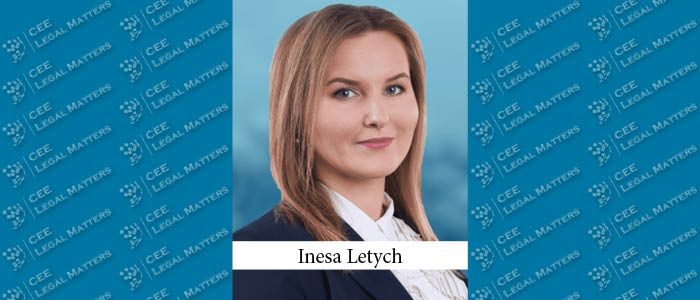It has been almost a year since Ukraine introduced rules regarding the protection of employees in the case of a transfer of a business entity to its Labor Code in accordance with Law No. 3677-IX (Rules). The Rules entered into force on May 15, 2024, and aimed at approximating national legislation to the Transfers of Undertakings Directive 2001/23/EC of March 12, 2001. Even though local businesses continue testing this new legislation in practice, the area still remains terra incognita for many practitioners. Now that some time has passed, it is possible to summarize the major practical imperfections of the Rules.
1. The Rules Apply to the Transfer of Shares Rather Than to the Transfer of Workplaces
The transfer of undertaking under the Rules covers instances of the transfer of shares or participatory interests in Ukrainian companies, even if the employer remains the same after the transfer. This implies that almost every M&A transaction involving a change of ownership in local companies necessitates the performance of information and consultation procedures. Unfortunately, there is no minimum ownership threshold, meaning that even the transfer of one share will formally require arranging consultations.
2. Public Joint-Stock Companies Are Not Excluded
The Rules apply to cases of a change of ownership of any Ukrainian entity, irrespective of its legal form. There are no exceptions for companies where it is not possible to plan the change of shareholders, such as public joint-stock companies, whose shares are publicly tradable. In such cases, it is practically impossible to comply with all the requirements of the Rules, particularly regarding the 10-day prior notice to employee representatives.
3. The Rules Cover Agency Workers
The Rules do not provide for any exclusions with regard to agency workers. In the case of a change of ownership of an agency that acts as an employer of record for the staff of its clients, the agency will be required to arrange consultations with such employees. Paradoxically, if there are any changes in the ownership structure of the company that engages workers through an employer of record, there will be no need to hold consultations with these employees.
4. The Rules Do Not Apply to Transactions Between Individuals
Surprisingly, the Rules only apply to cases of a change of ownership of Ukrainian companies if the current and prospective owners are legal entities. This conclusion follows from the definitions of the transferor and transferee, both of which are defined as legal entities. This means that consultations and other obligations under the Rules do not apply if the transaction occurs between individuals.
5. Absence of Consequences for Non-Compliance with the Rules
Ukrainian legislation does not reference any consequences for non-compliance with the Rules. This makes it difficult for the parties to manage possible risks if full compliance with the Rules is not feasible – for instance, if one of the parties to the transaction is unwilling to disclose some information to the employees.
At the same time, the employee protection mechanisms under the Rules are considerably burdensome for M&A deals. In particular, the seller and the buyer of shares in the target entity must reserve time for employee consultations before closing the transaction and disclose a number of facts to the employees despite the confidentiality preferences of the parties. In addition, for the majority of Ukrainian entities, it is not common practice to have employee representatives, resulting in the need to communicate information about the future deal to each employee personally.
As a consequence, in many cases, this leads to ignorance of the Rules in M&A transactions due to their excessive complexity and lack of implications in case of non-compliance.
In conclusion, the Rules appear to be far from perfect, and their practical implementation reveals even more practical problems. Currently, Ukraine is on the doorstep of a major reform of its labor legislation and expects the adoption of a new Labor Code. There is hope that improving the transfer of undertaking rules will be part of this reform.
By Inesa Letych, Co-Head of Employment Practice, Asters
This article was originally published in Issue 12.3 of the CEE Legal Matters Magazine. If you would like to receive a hard copy of the magazine, you can subscribe here.
